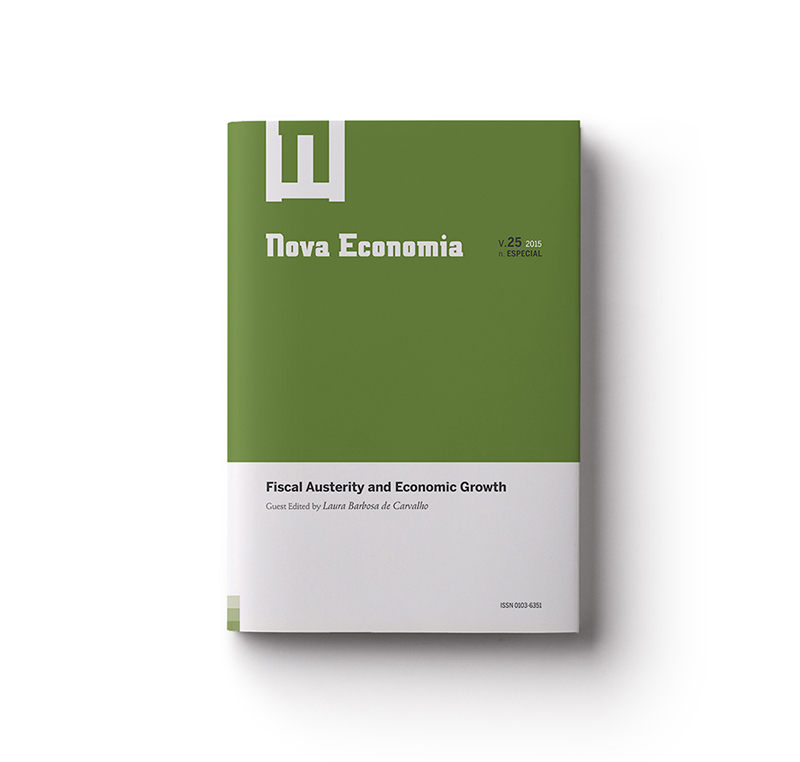Fiscal consolidation in developed and emerging economies
Keywords:
austeridade fiscal, crescimento econômico, correlação, causalidade de Granger, painel não estacionário, regressões aparentemente não correlacionadas (SUR).Abstract
The debate regarding fiscal policy has given support to the formulation of an economic policy based on control of indebtedness and in persecution of public savings, acting as important support for the economic growth. This paper presents evidence that counter acts this theory of expansionary austerity. A set of panel data regressions is estimated – through Driscoll & Kraay’s, FGLS, panel corrected standard errors, and SUR estimators and the causality test approach proposed by Kónya (2006) – in search of robust inference related to the main determinants that encompasses the fiscal framework. Our conclusion is that the empirical evidence - using a set of 20 developed economies and other of 24 emerging economies - suggests that identical economic policies for different countries might conduce to results that are opposite to the desired outcome. Notwithstanding the adverse effects associated to explosive debt path, the search for “fiscal space” should be determined essentially by a pro-growth agenda. This is particularly important for the emerging economies facing the transition path challenges.
Downloads
Published
How to Cite
Issue
Section
License
Authors who publish with this journal agree to the following terms:
- Authors retain copyright and grant the journal right of first publication with the work simultaneously licensed under a Creative Commons Attribution 4.0 International License that allows others to share the work with an acknowledgement of the work's authorship and initial publication in this journal.
- Authors are able to enter into separate, additional contractual arrangements for the non-exclusive distribution of the journal's published version of the work (e.g., post it to an institutional repository or publish it in a book), with an acknowledgement of its initial publication in this journal.
- Authors are permitted and encouraged to post their work online (e.g., in institutional repositories or on their website) prior to and during the submission process, as it can lead to productive exchanges, as well as earlier and greater citation of published work (See The Effect of Open Access).




